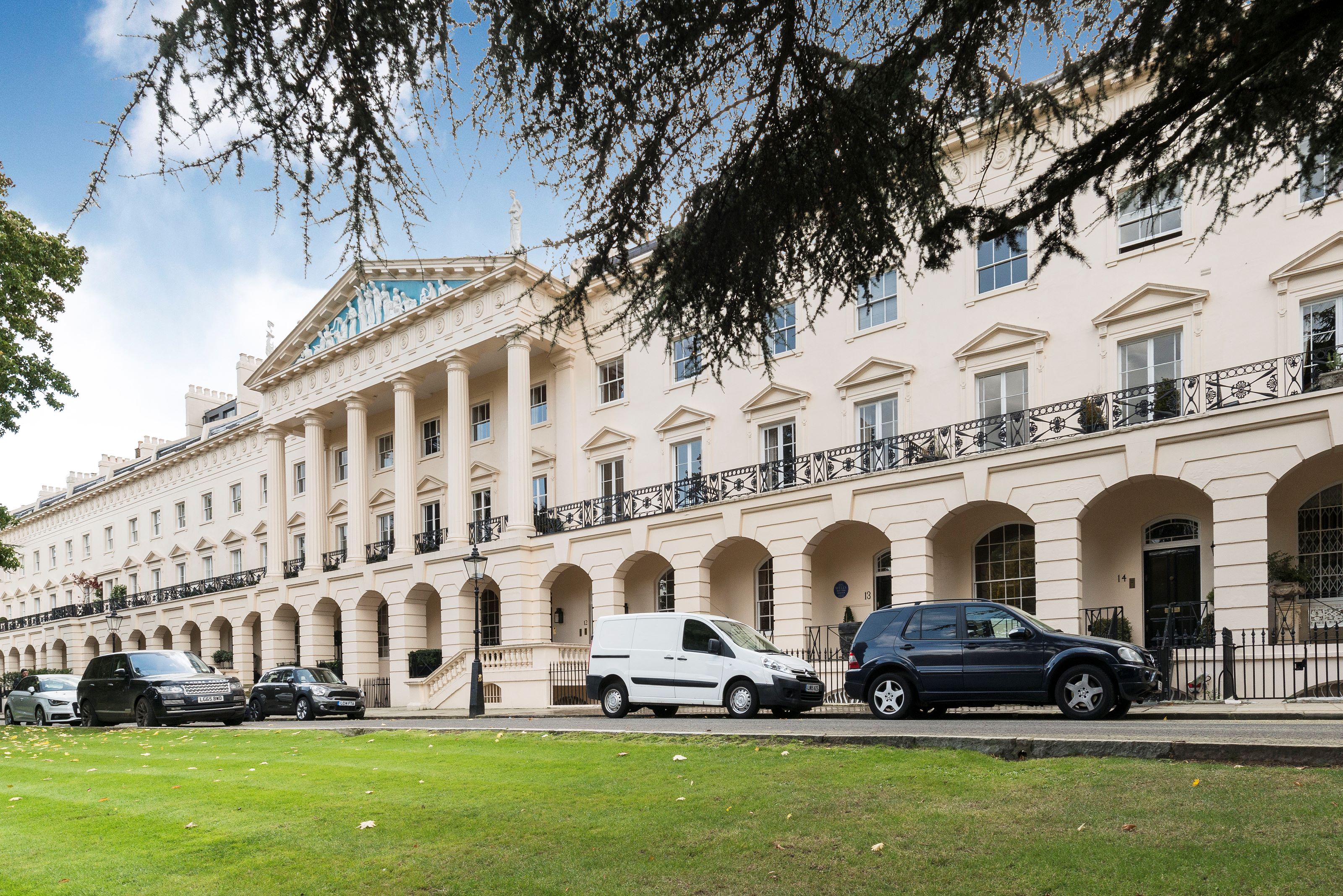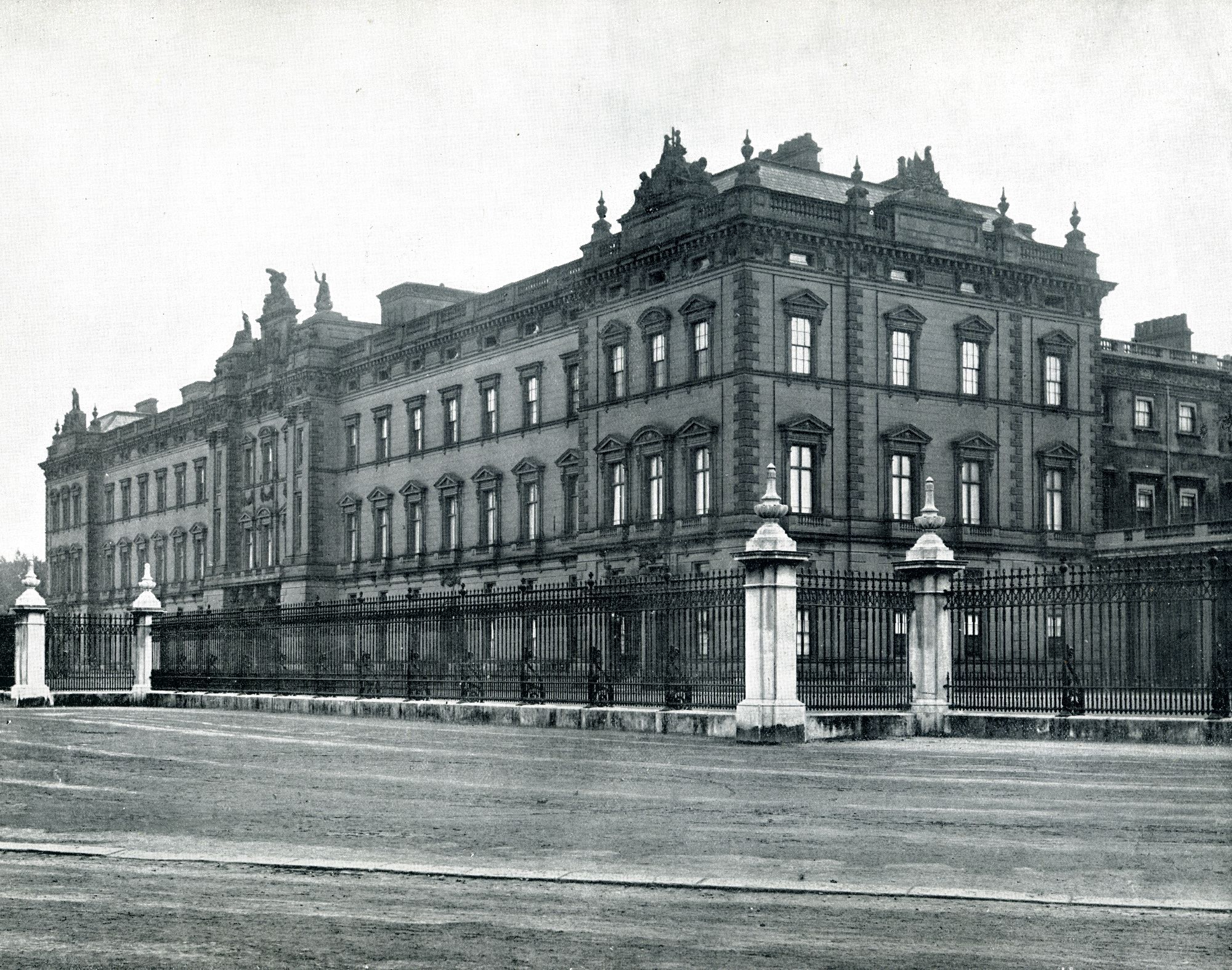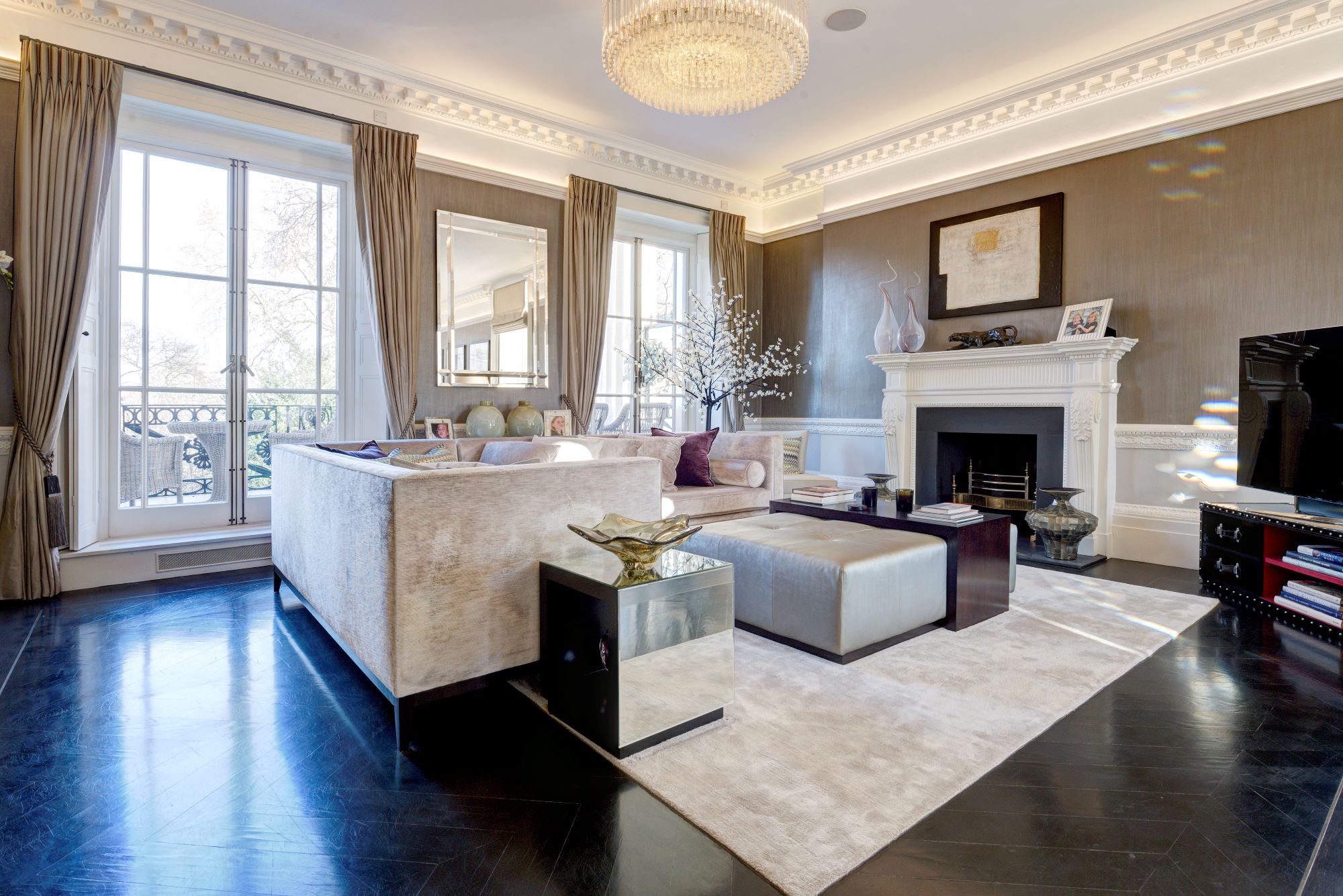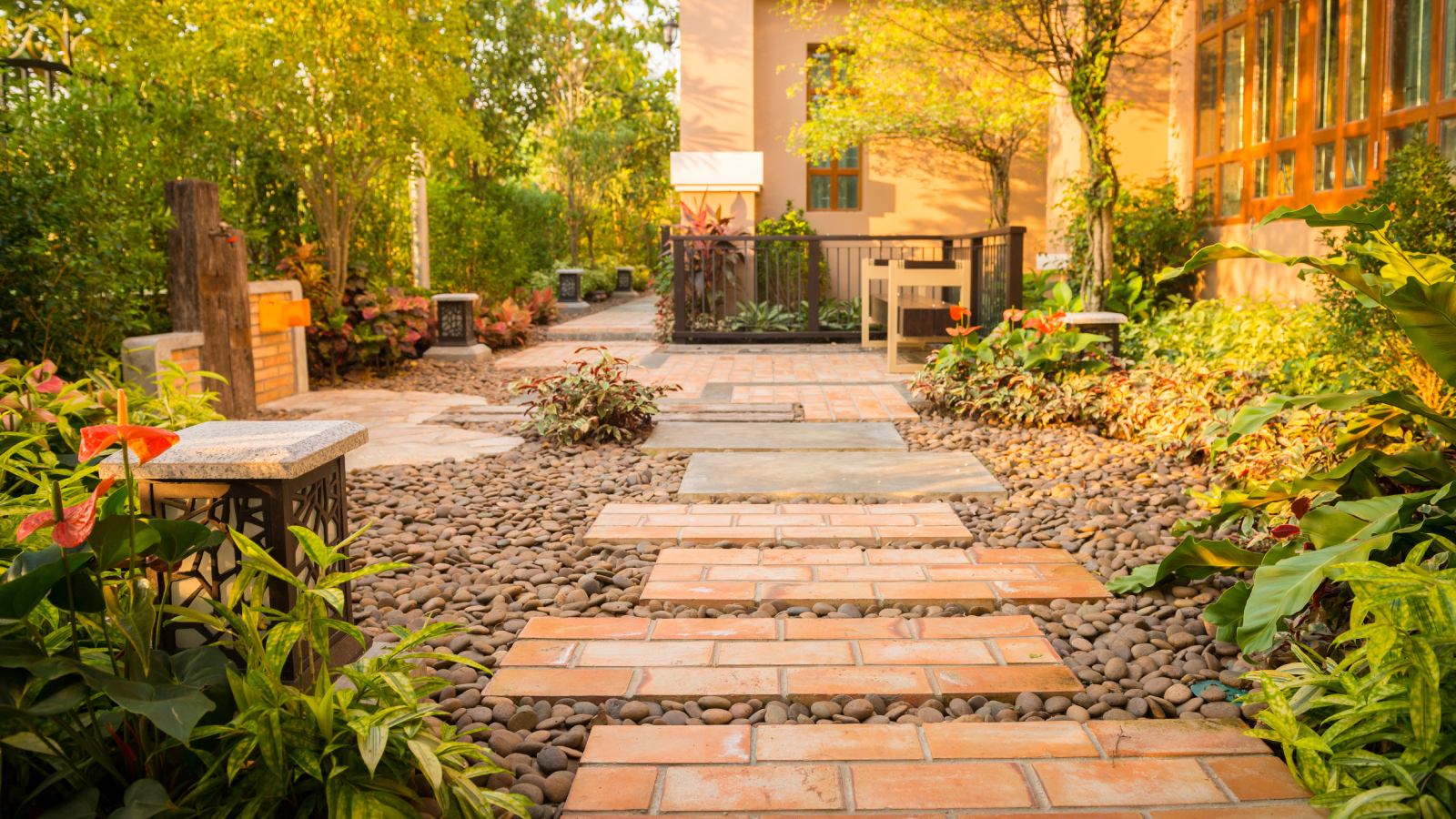Britain's Most Expensive Houses looks inside renovation of £29m terraced home
The renovation of the Grade I listed home, designed by one of the architects of Buckingham Palace, was documented in a new Channel 4 series called Britain's Most Expensive Houses

One of Britain's most expensive and historic homes has been put up for sale for £29 million.
Hanover Terrace, in Regent's Park, London, which featured on Channel 4's Britain's Most Expensive Houses, was designed by one of the UK's most famous architects but its owner has decided to sell up after rarely using the property anymore.
The Ambassadorial Grade l Listed, six-bedroom, family home has shown the lengths one can go to when renovating a house after being restored to meet "the highest standards of luxury".
Architect also designed Buckingham Palace
This property holds a place in British history as the home was designed by John Nash in 1811, a renowned architect in the 18th and 19th centuries.
Nash designed some of the UK's most famous buildings such as the Royal Pavilion, Brighton's Marble Arch, and Buckingham Palace, as well as designing Regent's Street.
However, Nash built this Mayfair mega-mansion with hand-selected London bricks and made in an Italian/Palladian style of architecture.
During the Second World War the home was used by government officials for meetings but the home fell into disrepair and restoration works started in the 1950s and continued into the 21st century.
Get the Homebuilding & Renovating Newsletter
Bring your dream home to life with expert advice, how to guides and design inspiration. Sign up for our newsletter and get two free tickets to a Homebuilding & Renovating Show near you.
The home's former residents include Ralph Vaughan Williams, Anthony Salvin, and H. G. Wells. The property is now owned by John Griffin, a philanthropist and the founder of Addison Lee, a car service, although Griffin decided to sell after reportedly rarely using the property.

Renovated to meet 'highest standards of luxury'
Priced at £29 million, the property is around 100 times the price of an average UK house and as such was renovated with no expense spared.
The 6,730 sq. ft home has been "restored to the absolute highest of standards of luxury," as claimed by Sotheby's.
The house's renovation costs include the price of four voice-activated ovens, £17,000 on new chandeliers and a glass lift that cost £460,000 to install.
On Britain's Most Expensive Houses when viewing the home, property developer Kam Babaee told Diana Tran, broker for UK Sotheby’s International Realty, "the wallpaper itself is £1,600 per roll now.”

Property has 110-year Crown Estate lease
The property has a Crown Estate lease of approximately 110 years. This means the home has been granted a leasehold agreement by the Crown Estate, an independent organisation that manages a diverse portfolio of properties and assets on behalf of the British monarch.
Leasehold ownership means that the property owner holds the right to use and occupy the property for the duration of the lease, but the land on which the property is built remains the property of the Crown Estate. The leaseholder pays an annual ground rent to the Crown Estate for the use of the land.
Properties with long Crown Estate leases have the right to occupy and use the property for a significant period, and can also be easier to secure mortgages on as banks see them as more solid investments, although this is something most people won't have to concern themselves with considering the £29 million price tag.
You can view the listing for this property on Sotheby's International Realty website and you can see property on Britain’s Most Expensive Houses on Channel 4 as well as more of Britain's most valuable homes every Thursday at 9pm.

News Editor Joseph has previously written for Today’s Media and Chambers & Partners, focusing on news for conveyancers and industry professionals. Joseph has just started his own self build project, building his own home on his family’s farm with planning permission for a timber frame, three-bedroom house in a one-acre field. The foundation work has already begun and he hopes to have the home built in the next year. Prior to this he renovated his family's home as well as doing several DIY projects, including installing a shower, building sheds, and livestock fences and shelters for the farm’s animals. Outside of homebuilding, Joseph loves rugby and has written for Rugby World, the world’s largest rugby magazine.
